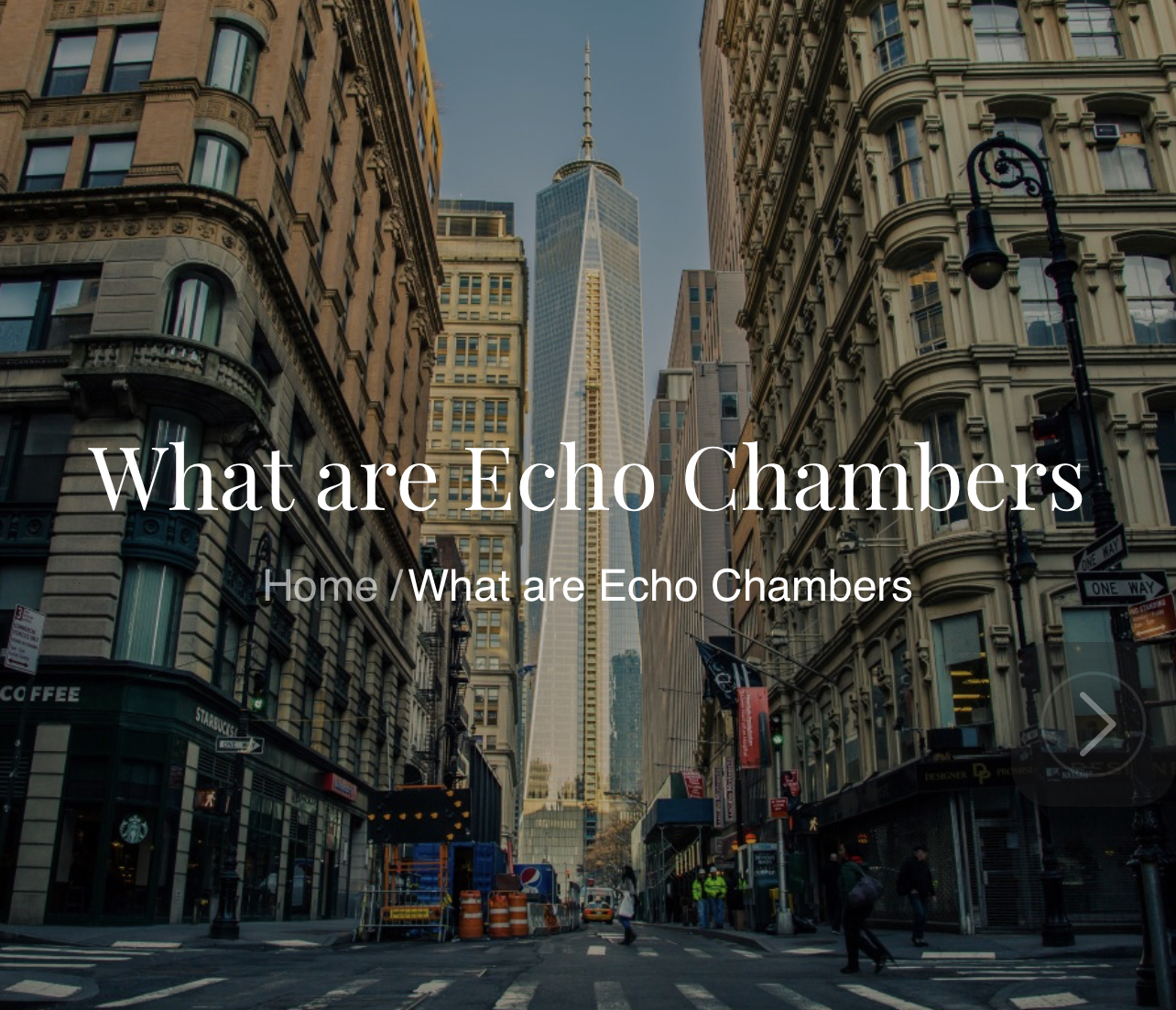What Are Echo Chambers?
An echo chamber is an environment, typically social or digital, where individuals are exposed primarily to information, opinions, and perspectives that reinforce their pre-existing beliefs. These environments limit exposure to differing viewpoints, leading to a feedback loop of affirmation and reinforcement.
Echo chambers can exist in various contexts, such as:
• Social media platforms (e.g., curated content algorithms)
• News outlets with specific political or ideological leanings
• Community or peer groups with shared values
How Are Echo Chambers Developed?
Echo chambers arise due to a combination of human behavior and technological algorithms:
1. Confirmation Bias: People naturally seek information that aligns with their beliefs, avoiding contradictory views.
2. Social Media Algorithms: Platforms like Facebook, Instagram, and Twitter (now X) use algorithms to personalize content, showing users more of what they engage with.
3. Selective Exposure: Individuals tend to follow accounts or join groups that reflect their values, isolating themselves from opposing viewpoints.
4. Polarization: In divisive environments, like politics or controversial topics, individuals often form groups that shut out dissenting opinions.
Why Are Echo Chambers Dangerous?
Echo chambers can have serious consequences, including:
1. Misinformation Spread: Without opposing perspectives, false information spreads unchecked.
2. Increased Polarization: Continuous reinforcement of a single viewpoint exacerbates division between groups.
3. Reduction in Critical Thinking: Individuals stop challenging or questioning information, leading to intellectual stagnation.
4. Social Fragmentation: Echo chambers create an “us vs. them” mentality, fostering hostility and reducing constructive dialogue.
5. Radicalization: Isolated exposure to extreme ideologies can lead to radical beliefs or behaviors.
Pros and Cons of Echo Chambers
Pros
1. Community Building: Echo chambers create spaces for like-minded individuals to connect and share ideas.
2. Affirmation of Identity: Members feel validated and supported within the group.
3. Focus on Niche Topics: Groups can delve deeply into specific interests or causes without distraction.
Cons
1. Intellectual Narrowing: Limited exposure to diverse ideas stifles learning and growth.
2. Misinformation: Lack of opposing viewpoints allows inaccuracies to go unchallenged.
3. Polarization: Isolated groups amplify differences, leading to societal division.
4. Dehumanization of Opponents: Members of an echo chamber may demonize those outside their group.
5. Decision-Making Risks: Narrow perspectives may lead to poor decisions based on incomplete or biased information.
Conclusion
While echo chambers can foster a sense of belonging and shared purpose, they pose significant risks to individual critical thinking and societal cohesion. To counteract their dangers, individuals and platforms must actively seek diverse perspectives and encourage respectful dialogue across differing views.
